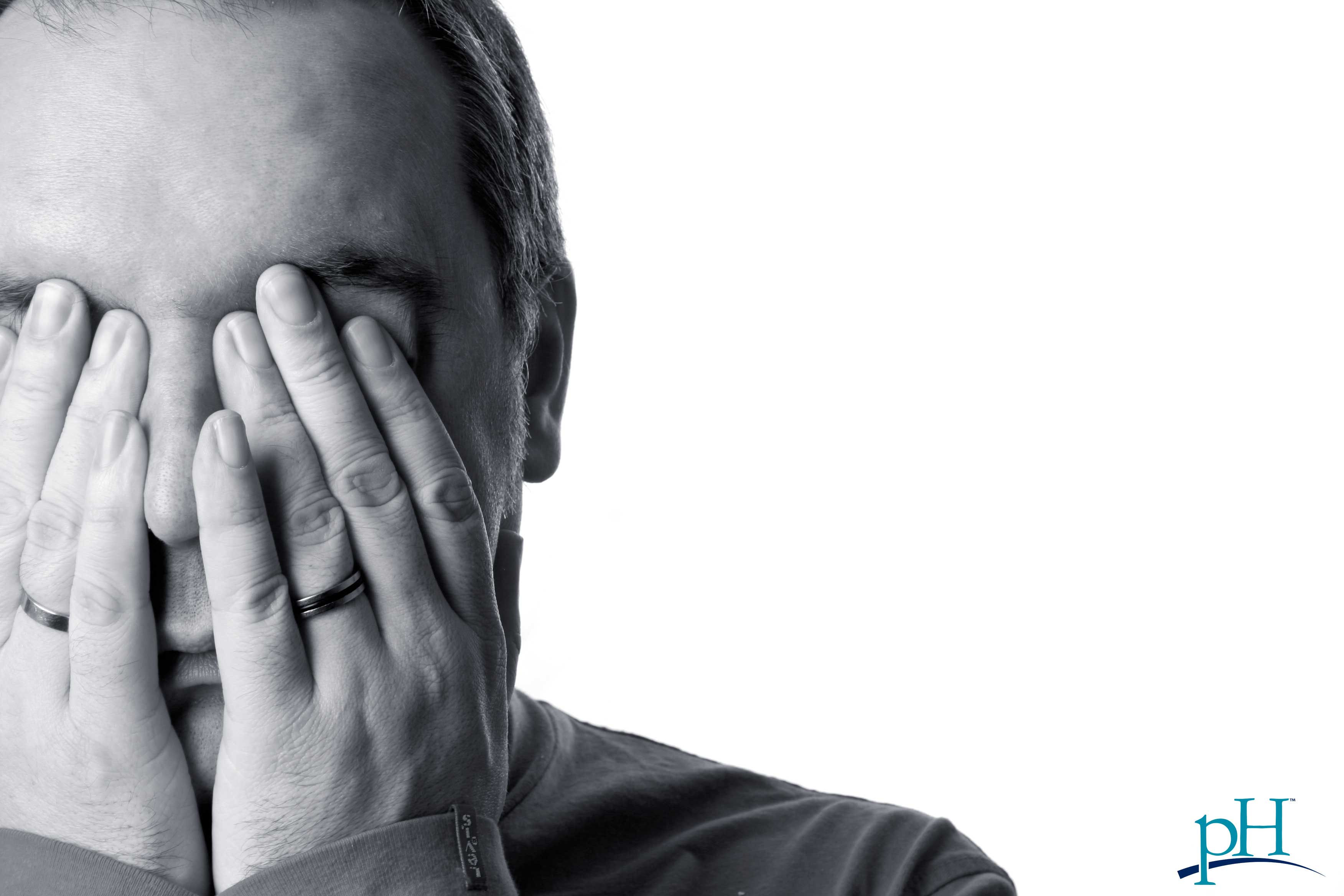Be proactive: Depression can have a crippling effect on your health
11 years ago | Mental Health
By pH health care professionals
Depression can cast a shadow over every facet of your life – from your social life to sleep routine, eating habits to memory. Each day can be a struggle. And it’s more common than you may realize.
Nearly 1 in 10 U.S. adults reportedly have depression, and nearly 80% are going without treatment for it. This means that either you or someone you know will face this mental illness at some point.
With new research indicating that depression is associated with other health issues such as strokes, it’s important to understand how you can be more proactive about it now.
So what is depression really and what are some signs you should look for?
Major depressive disorder, or depression, is a serious mental illness. Depression interferes with your daily life and routine, and reduces your quality of life.
Some of the symptoms include:
- Ongoing sad, anxious or empty feelings.
- Feeling hopeless.
- Feeling guilty, worthless or helpless.
- Feeling irritable or restless.
- Loss of interest in activities or hobbies once found enjoyable, including sex.
- Feeling tired all the time.
- Difficulty concentrating, remembering details or making decisions.
- Difficulty falling asleep or staying asleep, a condition called insomnia, or sleeping all the time.
- Overeating or loss of appetite.
- Thoughts of death and suicide or suicide attempts.
- Ongoing aches and pains, headaches, cramps or digestive problems that do not ease with treatment.
Is there really a link between depression and stroke?
A recent study published July 2014 in the journal Stroke investigated the relationship between stress, depressive symptoms, hostility, anger, cynicism and stroke. 6,749 patients between 45-84 years of age were studied over 8 ½ years. None of the participants had a documented cardiovascular disease at the start of the study.
The study found that higher levels of stress, hostility and depressive symptoms were associated with significantly increased risk of stroke or transient ischemic attacks (sometimes called a “warning stroke” or “mini stroke”) in middle-aged and older adults.
Numerous studies link depression with increased risk for stroke, as well as the other way around -- becoming depressed after a stroke.
Are there things you can do nutritionally to prevent or treat depression?
- Vitamins, minerals, amino acids and herbs: There are a wide range of nutrients that may be beneficial in preventing or treating depression. A few examples are the following:
- Vitamin B6: Assists with many brain functions.
- Magnesium: Helps with relaxation and a better night’s rest.
- Fish oil: May be helpful for depression in certain people with an omega 3 deficiency. (In areas where consumption of foods with omega-3 is high, people tend to have lower rates of depression).
- Saffron: Might increase the levels of serotonin (responsible for mood) and other chemicals in the brain.
- SAMe: Is an amino acid that appears to provide benefit to people with depression.
- St. John’s wort: Has been helpful for depression both in research studies and clinical practice.
It is important to always consult a knowledgeable physician before taking any supplements to avoid possible interactions with prescribed drugs or other supplements you are currently taking.
- A wholesome and balanced diet: You need to have all the right nutrients to support your emotional health. Nutrient imbalance has been associated with depression. You can get tested at Proactive Health Labs to determine if you are nutritionally balanced. Our doctors will speak with you about how you can correct any nutritional deficiencies, so you can get to your optimal health.
What about other non-pharmaceutical ways to address depression?
- Light therapy: Valkee stimulates light-sensitive areas of your brain and is helpful in providing more energy and a better mood for people with seasonal affective disorder. Seasonal affective disorder, sometimes called “the winter blues,” develops due to a lack of sun/light exposure, often during the winter.
- Behavioral interventions:Exercise can relieve depression, possibly by altering the mood-regulating brain chemicals norepinephrine and serotonin. Support groups and mediation can be helpful, especially in combination. Practicing yoga reduces stress, hostility, anxiety and depression, as well as improves energy, sleep quality and well-being. Acupuncture may be helpful in certain cases of depression.
Finally, we cannot overemphasize the importance of always consulting with a qualified physician about your depression especially if none of the above works.
Enjoy Your Healthy Life!
The pH professional health care team includes recognized experts from a variety of health care and related disciplines, including physicians, attorneys, nutritionists, nurses and certified fitness instructors. This team also includes the members of the pH Medical Advisory Board, which constantly monitors all pH programs, products and services. To learn more about the pH Medical Advisory Board, click here.







